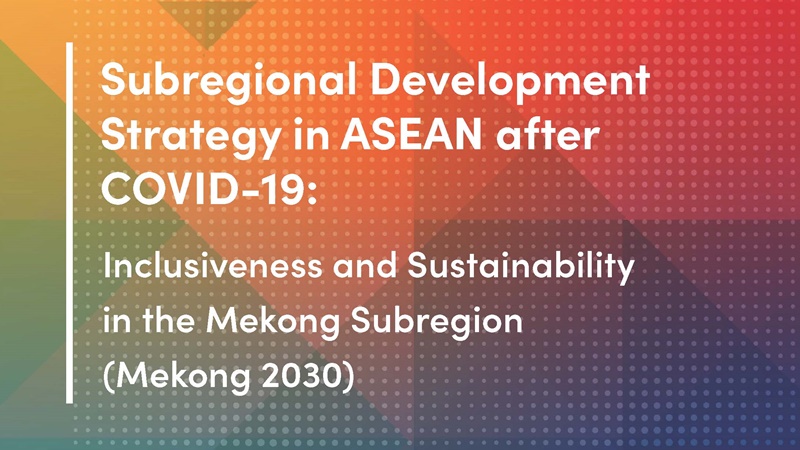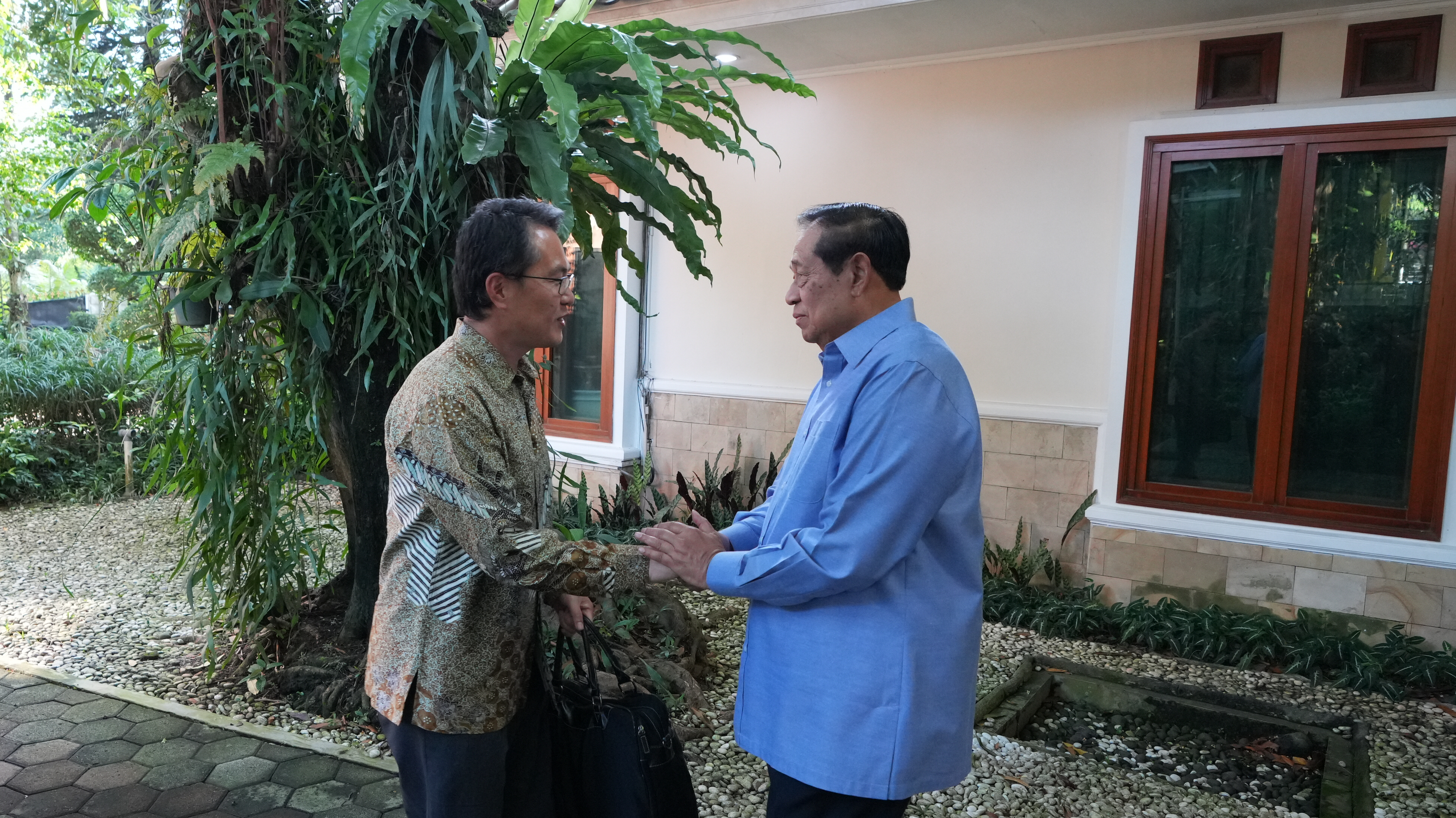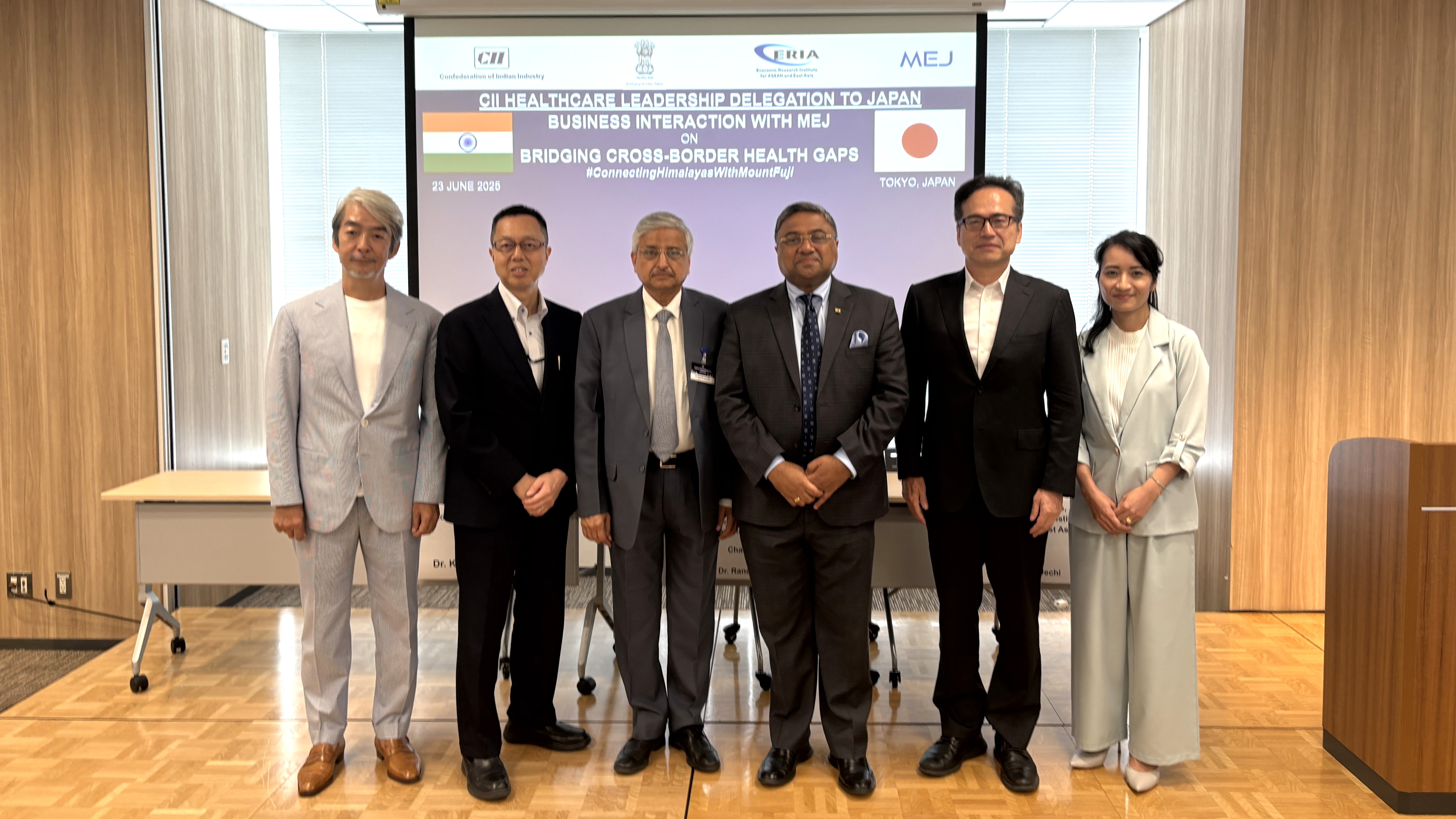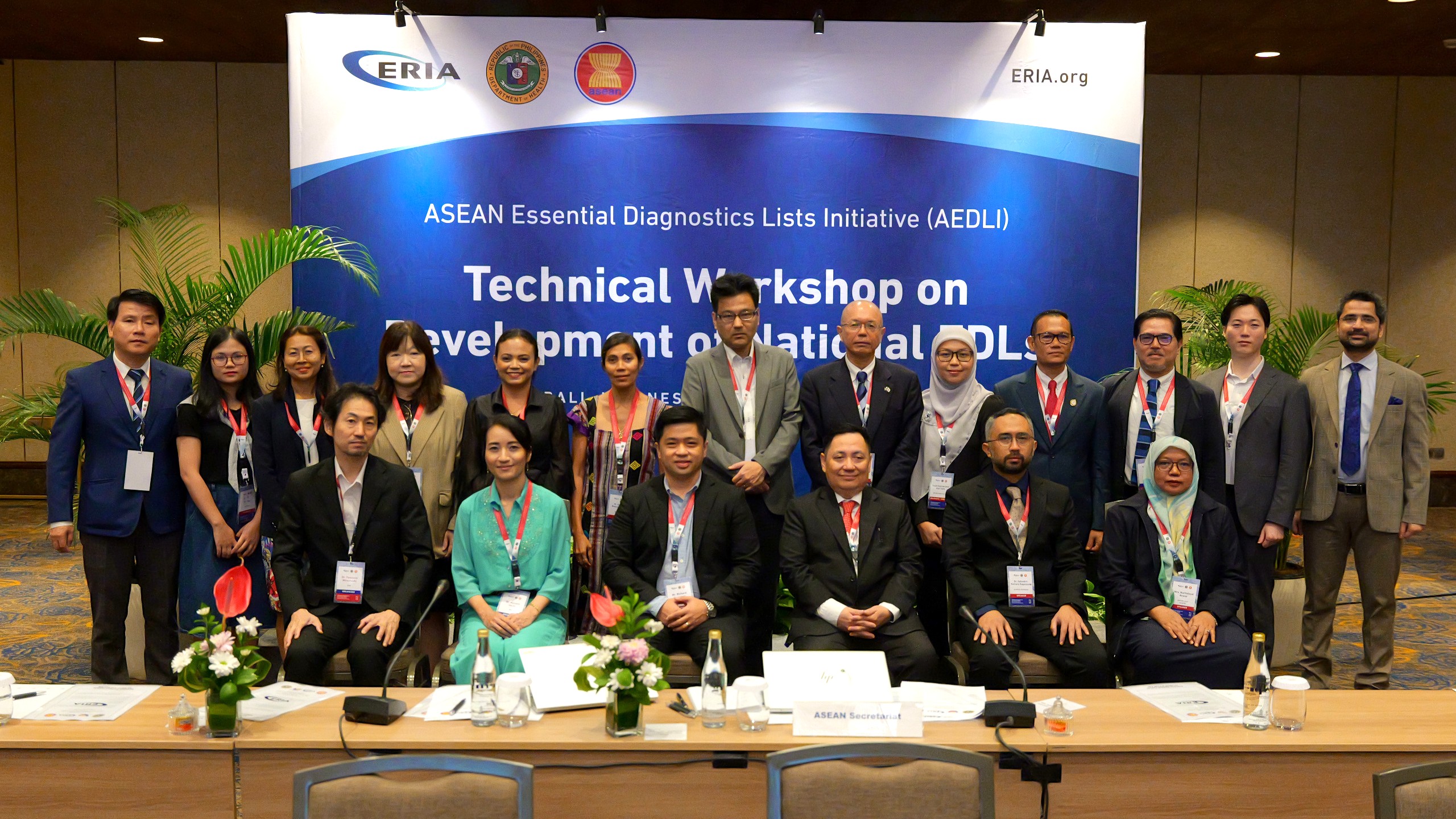Subregional Development Strategy in ASEAN After COVID-19: Inclusiveness and Sustainability in the Mekong Subregion (Mekong 2030)
Date:
12 November 2020Category:
-Topics:
-Share Article:
Print Article:
The Mekong Subregion (MSR) has been a model subregional development initiative, having achieved high economic growth and rapid poverty alleviation with extensive and innovative international collaboration over the past 3 decades. The remaining development gaps within the region remain substantial, however.
Over the next decade, the MSR will face the challenge of raising the whole region to upper middle-income status. To achieve inclusive and sustainable economic growth, clear policy guidance will be required to upgrade its industrial structure and enhance people's welfare.
This report proposes four priority policy areas – connectivity, industrialisation, human welfare, and sustainability – and provides a series of policy recommendations.
The subregional approach has proved to be particularly effective for addressing development gaps, enhancing connectivity, and promoting international coordination. The Association of Southeast Asian Nations (ASEAN) is encouraged to continue to adopt a multilayered approach to deeper economic integration and to activate other subregional initiatives.
Full Report
Contents
Main Report
Background Papers
Mekong Subregion: Development and Cooperation and Status
Infrastructure Development, Trade Facilitation, and Industrialisation in the Mekong Region
Data Connectivity in the Greater Mekong Subregion
Small and Medium-sized enterprises in the Mekong Subregion
Human Capital Development in the Greater Mekong Subregion
Health Services in the Greater Mekong Subregion
Environmental and Sustainability Challenges in the Mekong Subregion
Fostering Energy Market Synergies in the Mekong Subregion and ASEAN
Water Resources Management in the Mekong Basin








